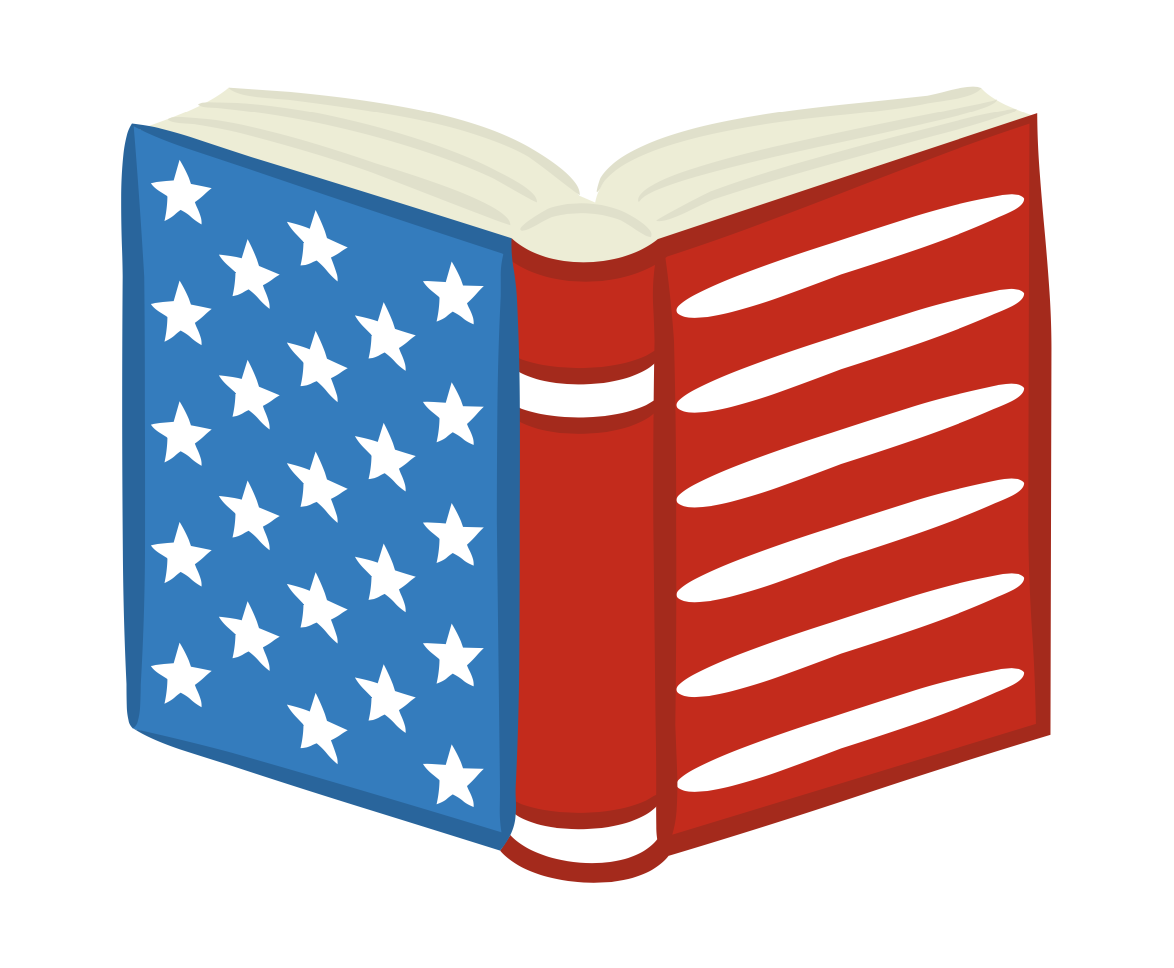
The American Declaration of Independence is a remarkable document that paved the way for a new nation founded on the principles of freedom and equality. As we take a closer look at this historical masterpiece, we discover profound notions that continue to resonate with individuals even today. In honor of July 4th, we did a dive deep into the Declaration, uncovering its key ideas and their relevance to society today.
“We hold these truths to be self-evident, that all men are created equal, that they are endowed by their Creator with certain unalienable Rights, that among these are Life, Liberty and the pursuit of Happiness.”
These simple yet powerful words serve as a jumping-off point for the Declaration’s journey. The phrase in its entirety captures the belief in certain undeniable truths, such as the equality of all people. It reminds us that some things ought to be so obvious that they require no further explanation, urging a sense of shared understanding and unity. Interestingly, the inclusion of the “pursuit of Happiness” among the inherent rights highlighted in the Declaration is kind of a revolutionary idea. It acknowledges the innate desire for personal fulfillment and the pursuit of one’s ambitions. This concept, somewhat rooted in the philosophy of the Enlightenment at the time, reflects the profound belief in individual agency and has resonated throughout American history… it is even a trait we are still associated with today.
“That they are endowed by their Creator with certain unalienable Rights…”
This quote recognizes the idea that every person is born with fundamental rights that cannot be taken away by man. It reminds us that our rights, like life and liberty, are not granted by any government or individual, but are inherent and universal. These words resonate with everyone, as it reaffirms the belief in the intrinsic worth and dignity of every individual, no matter their background.
“That to secure these rights, Governments are instituted among Men…”
With this phrase, the Declaration emphasizes the true purpose of government: to protect the rights of its citizens. This concept resonates with us still today, as in a perfect world we would like to rely on our government to ensure justice and uphold our freedoms. It highlights the reciprocal relationship between the governed and those in power, reinforcing the notion that government should serve the people, and not the other way around.
Listing Grievances: An Unveiling of Injustice
The middle section of the Declaration lists a set of grievances against the British King George III, describing the colonists’ reasons for seeking independence. As one delves into these exploitations, you can understand the injustices that fueled the desire for change.
“That whenever any Form of Government becomes destructive of these ends, it is the Right of the People to alter or to abolish it…”
This quote alone encapsulates a pretty powerful idea—that people have the right to challenge a government that fails to protect their rights. For us, it serves as a reminder that we have agency and the ability to demand change when necessary. It empowers individuals to question authority and assert their rights not only as citizens, but as humans.
“And for the support of this Declaration, with a firm reliance on the protection of divine Providence, we mutually pledge to each other our Lives, our Fortunes, and our sacred Honor.”
The concluding words of the Declaration of Independence embody the spirit of sacrifice, confidence and commitment that began the American Revolution. The men who signed it, fully aware of the risks they faced in doing so, pledged their lives, fortunes, and honor to the cause of American liberty.
The American Declaration of Independence continues to speak to American citizens in profound ways, when we take the time to reread it. Its simple, straightforward language and relatable themes resonate with individuals from all walks of life. It reminds us of the timeless importance of equality, the true role of government in protecting our rights, and the power of the people to effect change. The Declaration’s literary genius lies in its ability to engage the average person and inspire them to recognize their own agency in shaping a more just and free society. As we reflect on this literary treasure on the anniversary of the birth of our country, we embrace the enduring spirit of freedom and continue the pursuit of justice… for all!


